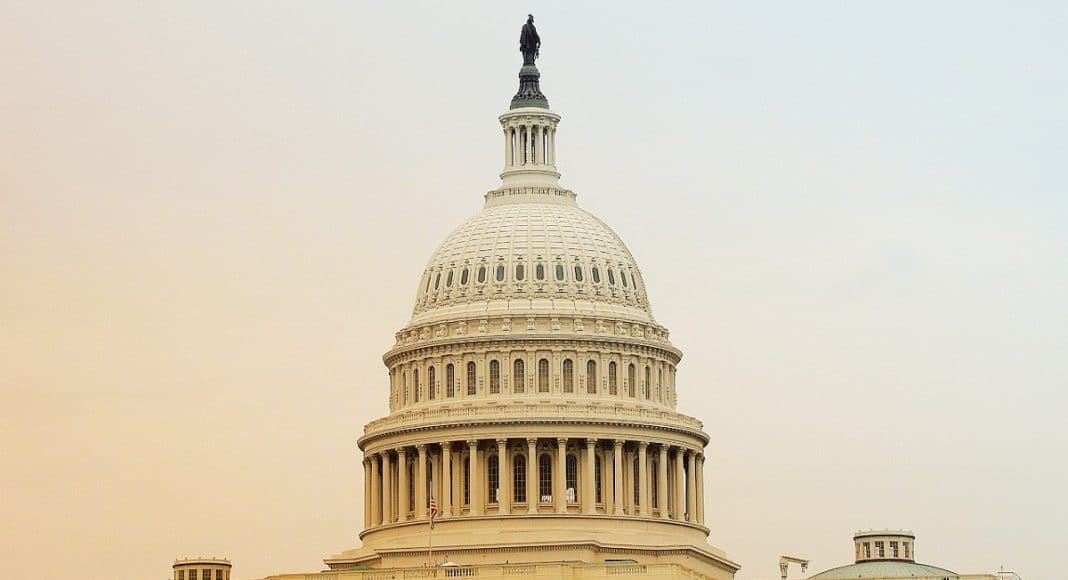During a brief meeting with sheriffs where President Trump was apparently introduced to the complex subject of civil asset forfeiture, he offered to destroy the career of the Texas State Senator seeking to reform the system. Whether this was an actual threat or a poor and misguided attempt at humor, its aim was unmistakably to chill reform efforts. It appeared Trump did not know anything about civil asset forfeiture prior to the meeting, and after he got a one-sided lesson from the law enforcement community, he predictably gave it his full-throated endorsement.
We at the Drug Policy Alliance, an organization that has spent decades critiquing this practice and crafting common sense reforms, would encourage the President to spend some more time learning about the civil asset forfeiture system and the compelling reasons why that system needs reform. He would quickly learn that this is one of the diminishingly few policy areas where both sides of the political aisle can find common ground. Instead, he appears to have doubled down and even promised to fight Congress on the issue.
The practice of civil asset forfeiture allows law enforcement agencies to seize property – anything from cash in a wallet to a car or a home – from a person suspected of violating the law without actually charging or convicting the person of a crime. It is a perversion of the most basic principle criminal justice, where people are presumed guilty and face significant financial and legal hurdles to prove the “innocence” of their own property.
In 2014, for the first time ever, law enforcement officers took more property from Americans – $4.5 billion – than burglars did. Law enforcement agencies have grown dependent on this easy, no-strings-attached source of revenue, especially regional “anti-narcotics” task forces, SWAT teams, and other paramilitary groups. In many cases, agencies get to keep forfeiture proceeds for their own budgets and spend them as they see fit. Factoring profit into public safety decisions creates an atmosphere ripe for abuse within law enforcement agencies.
Defenders of the current system often claim that the status quo is necessary to combat major cartels and criminal organizations, as the Texas Sheriff did. However, this claim is belied by the fact that most forfeitures are for relatively small sums of cash. In fact, a 2014 Drug Policy Alliance report found that the average value of state seizures in California was $5,145 in 2013 and another report by the Institute for Justice found that the median value of property forfeited in 2012 in 10 states ranged from $451 (in Minnesota) to $2,048 (in Utah).
- Related Story: Good News: The 115th Congress Will Form A Cannabis Caucus
These values do not come anywhere close to the level of “kingpin.” Most often the police simply shake down people they find suspicious, most of whom do not have the resources or the will to fight back, especially when the potential legal fees are greater than the money seized. As with everything else that is wrong with the criminal justice system, civil asset forfeiture disproportionately affects those with low income and people of color.
Civil asset forfeiture expanded rapidly in the 1980s as a way to incentivize local law enforcement agents to become foot soldiers in the federal government’s escalating war on drugs. Prior to the 1980s, civil forfeiture was rarely used. That all changed when Congress amended the Comprehensive Drug Abuse Prevention and Control Act in 1984 and allowed federal law enforcement to retain the proceeds from forfeitures and share them with state and local agencies.
The result is that federal forfeiture revenues have grown from $97million in 1986 to close to $4.5 billion in 2014. These forfeiture proceeds are instrumental in sustaining the failed drug war – and the need for reform has never been more urgent.
Despite statements from President Trump’s nominee for Attorney General, Jeff Sessions, and many in law enforcement who oppose efforts to fix the system, there is strong momentum for reform.
- Related Story: Marijuana Legalization Must Include Justice Reform
Legislative campaigns to fix forfeiture laws have been successful in over a dozen states from California to Florida and many in between. Policymakers of all political stripes are calling out this injustice, and editorials from national and state-level news outlets across the country support reforming the system. The Left-Right coalition pushing for reforms continues to grow and includes advocates for civil rights, property rights, criminal justice and drug policy reform.
Snap judgments and threats of political destruction can never become acceptable substitutes for serious policy debate. Civil asset forfeiture and its perverse incentives corrode the public’s trust in the very institutions that we rely on for our safety. We must be ever vigilant against the temptation to pursue profit in the guise of acting for the public good.
Anyone who seeks to preserve the integrity of law enforcement institutions through civil asset forfeiture reform should be commended, not threatened, or used as a bad punch-line.
Theshia Naidoo is the Legal Director of Criminal Justice for the Drug Policy Alliance’s Office of Legal Affairs.
More Stories
[soliloquy id=”24090″]


